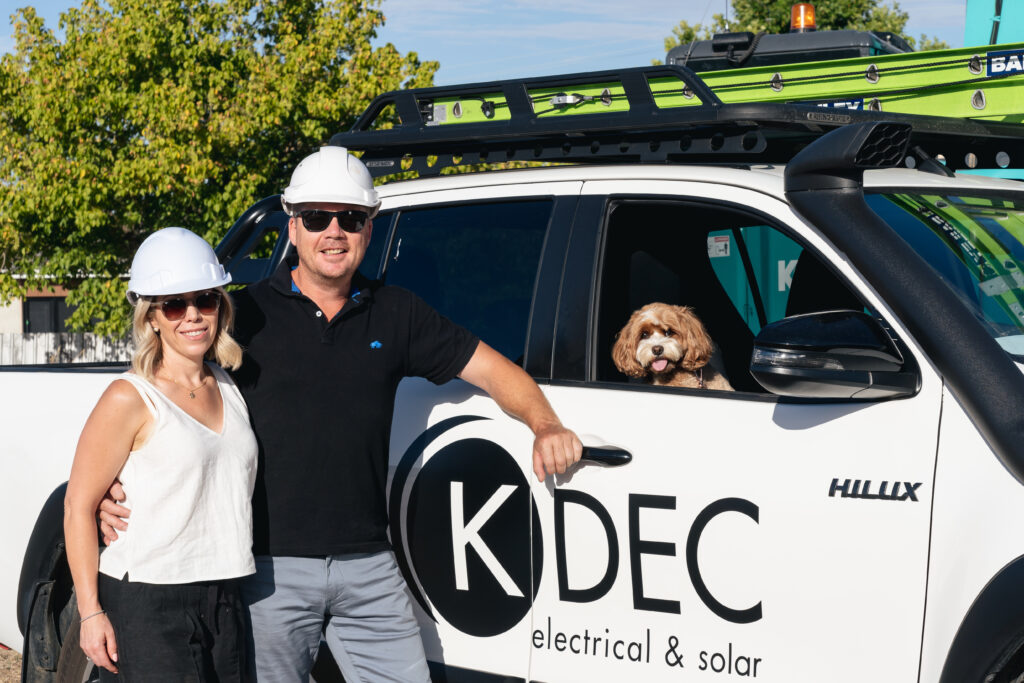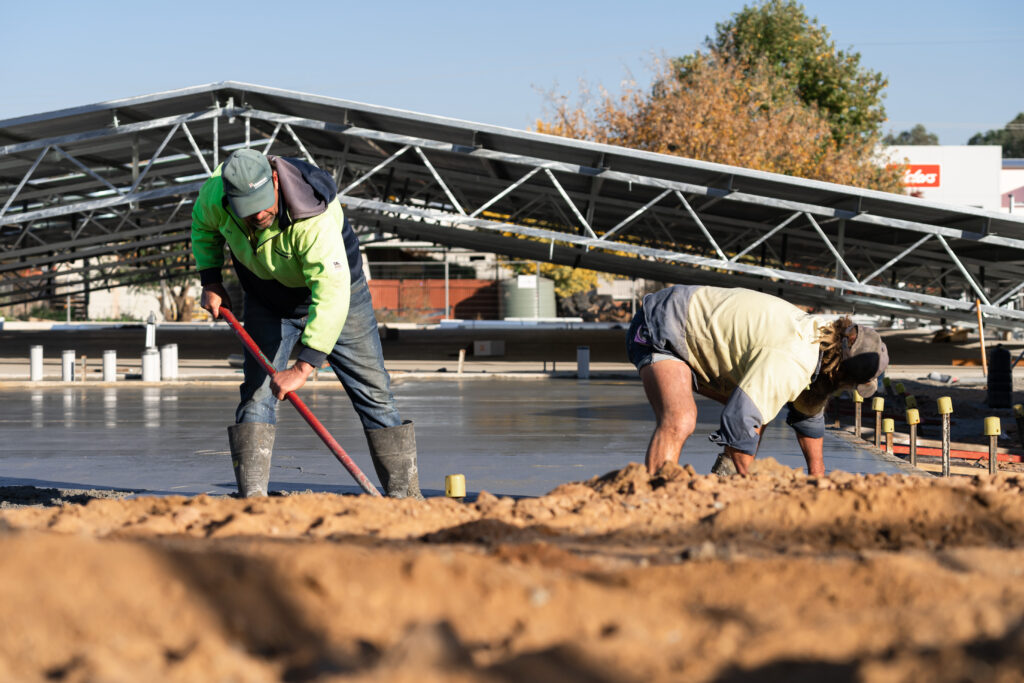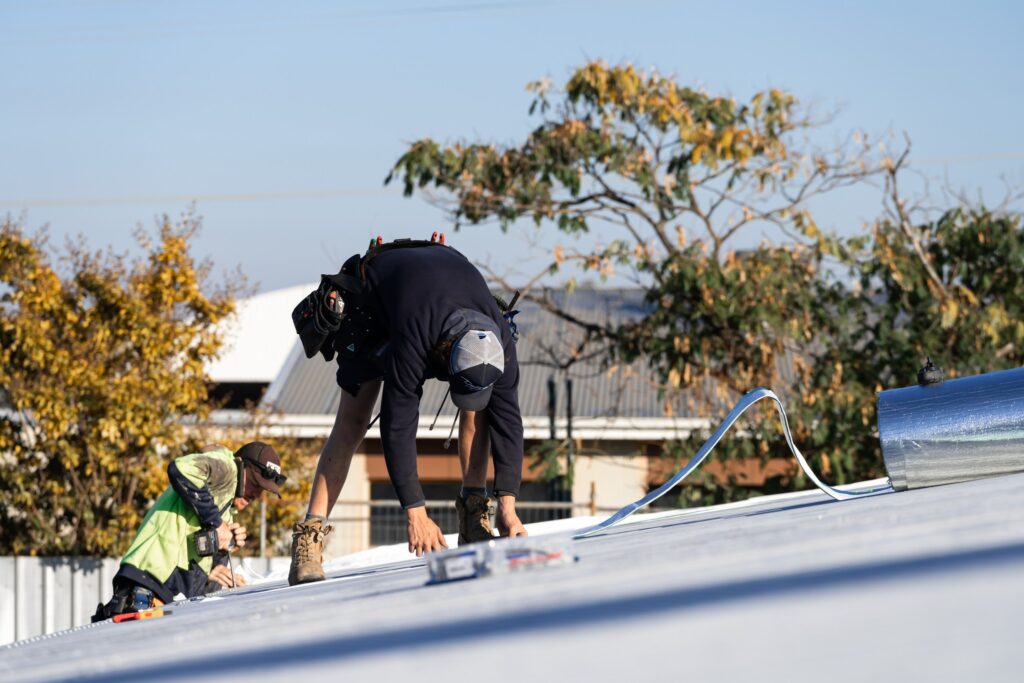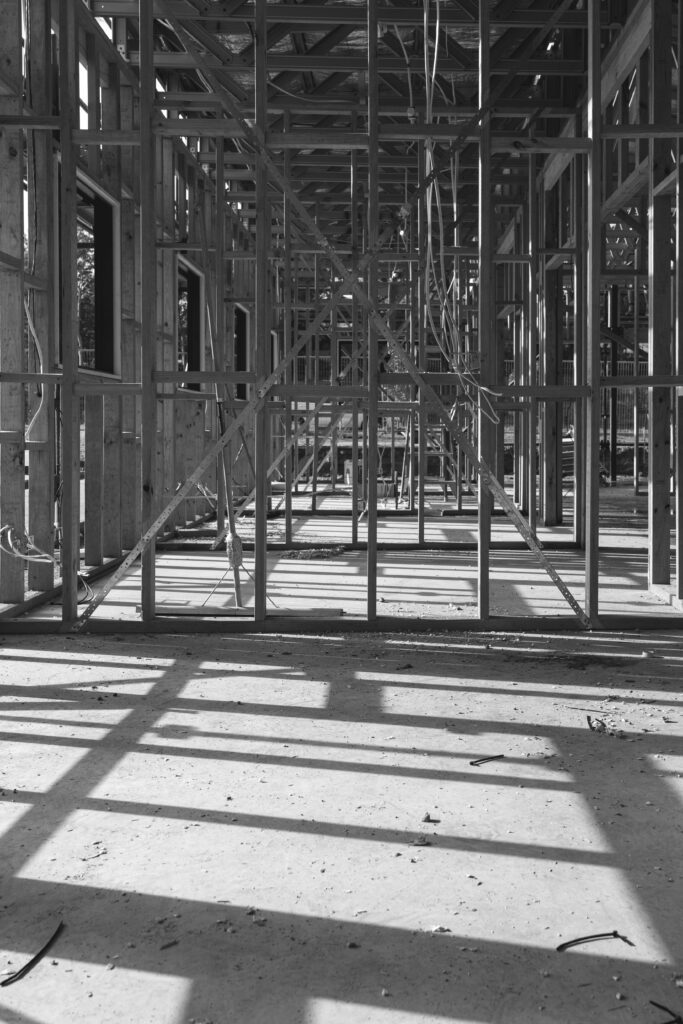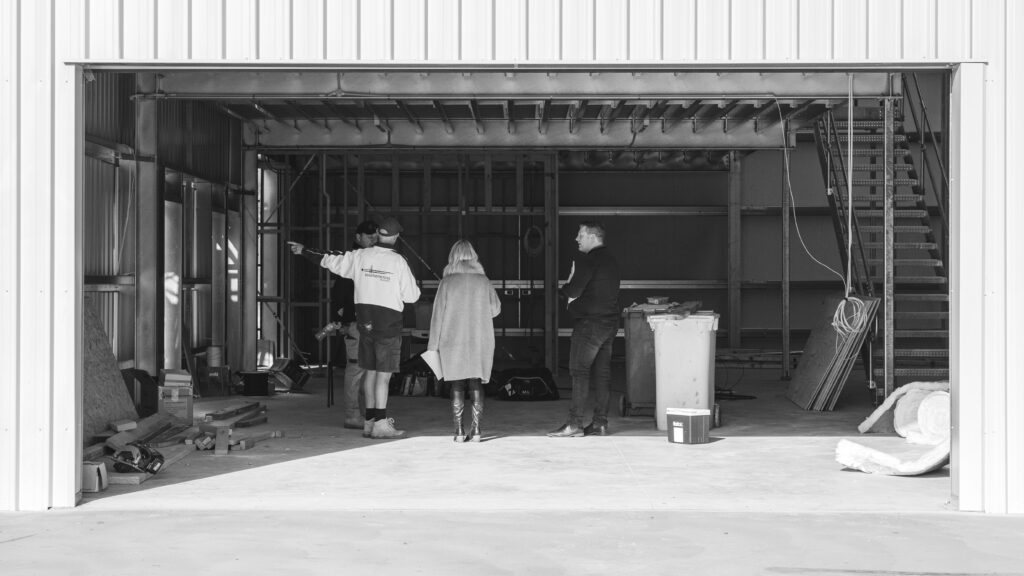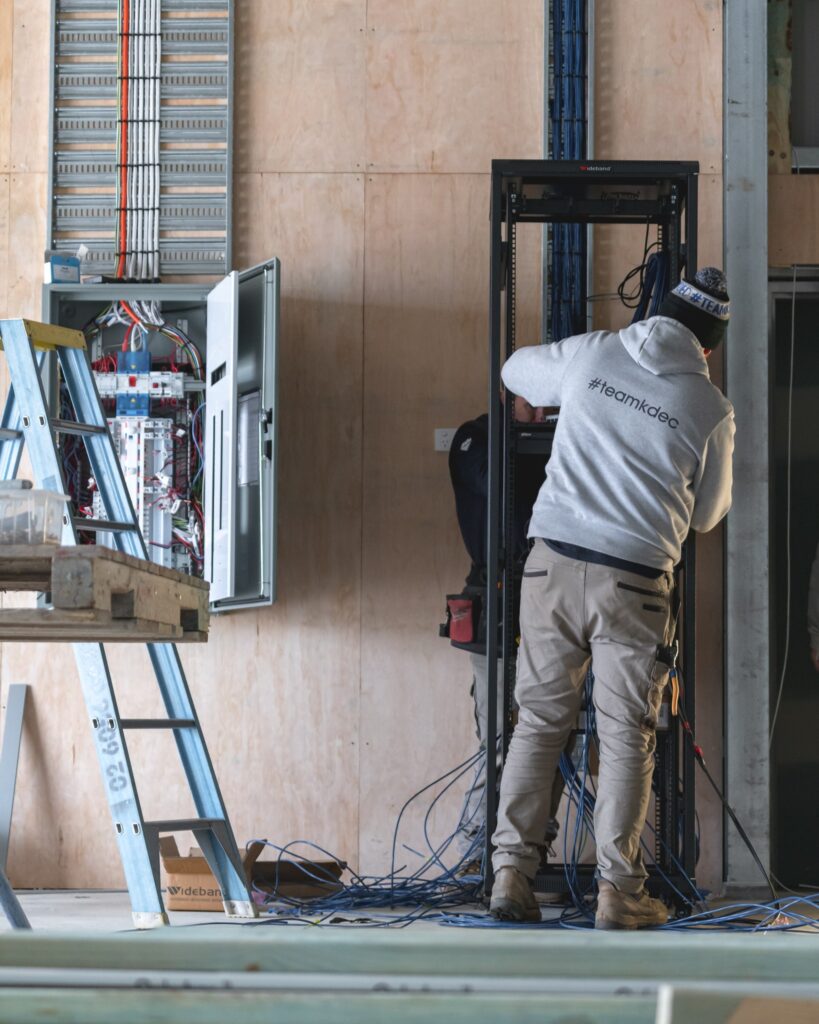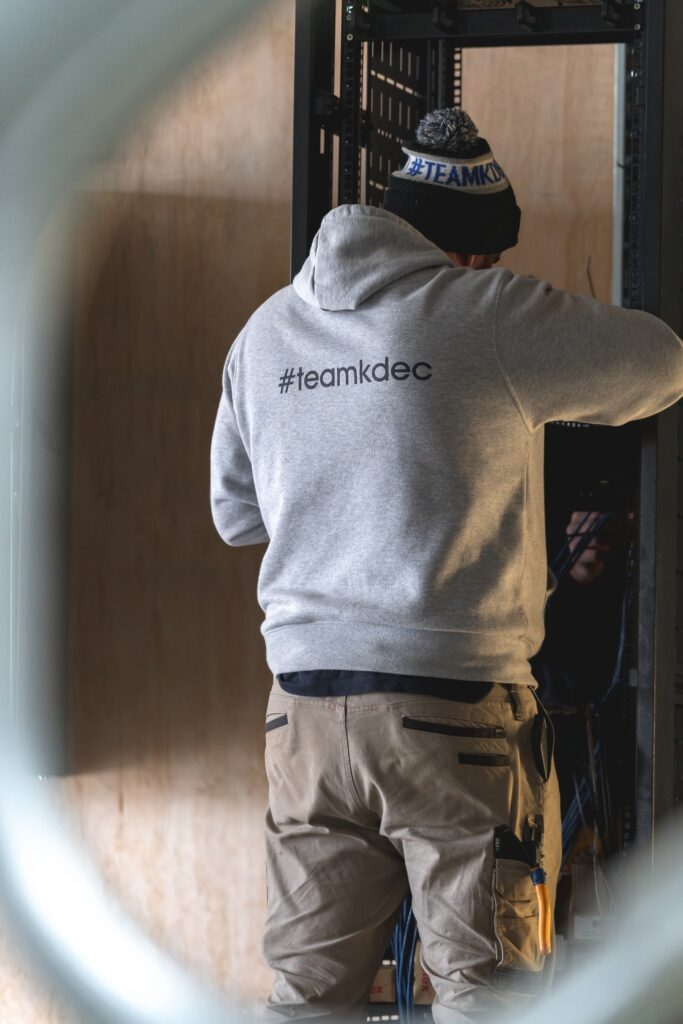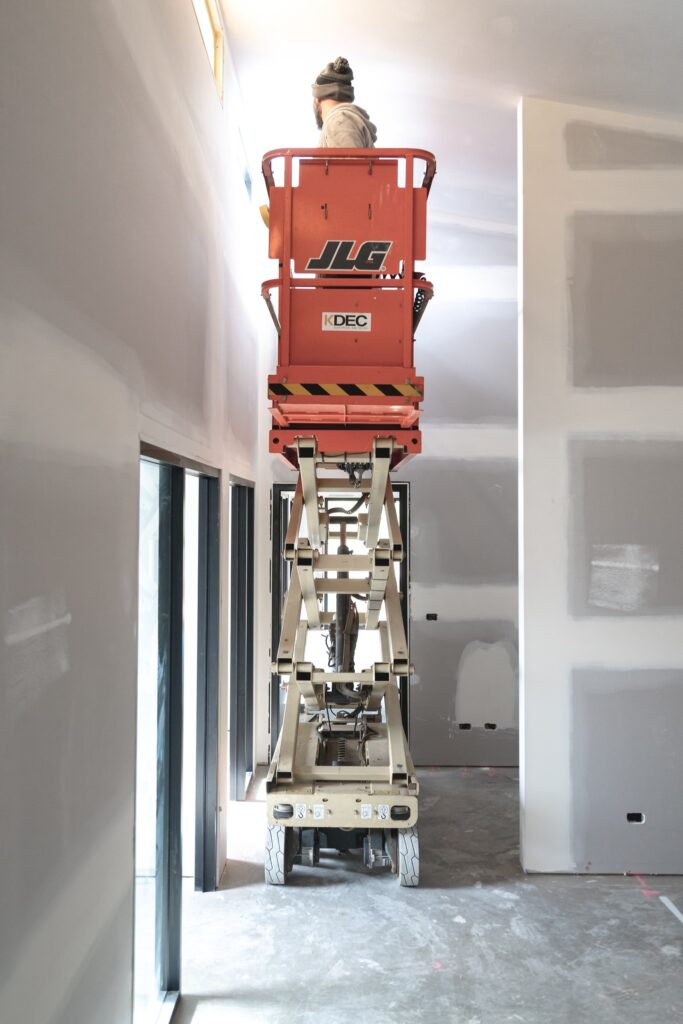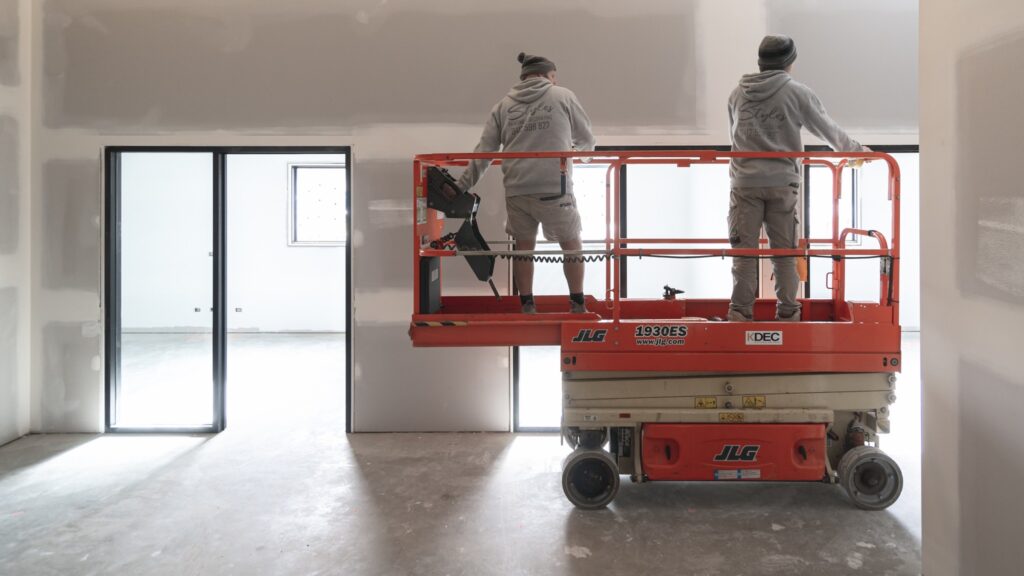23 August 2023
Should I Go Off-Grid?
When it comes to harnessing solar power in Australia’s more remote locations for your new home, one of the fundamental choices may face is whether to go off-grid or connect to the existing electricity grid. Both options have their pros and cons, and the decision depends on various factors such as your location, lifestyle, budget, and environmental considerations.
In this article, we’ll delve into the benefits and considerations of both off-grid and grid-connected solar systems. It’s crucial to make an informed choice that aligns with your goals for budget, sustainability, and energy independence.
Off-Grid Solar Power: Embracing Independence.
Going off-grid with solar power offers a level of freedom and self-sufficiency that resonates with many. Here are some key points to consider:
- Energy Independence: By opting for an off-grid solar system, you are free of reliance on the traditional electricity grid. This autonomy allows you to generate, store, and use your energy whenever you need it, regardless of power outages or grid limitations.
- Remote Locations: If you live in a remote area where connecting to the grid is impractical or costly, off-grid solar power becomes a more attractive option. It enables you to enjoy the benefits of electricity without the need for extensive infrastructure development. Remember to take into account what kind of house you are wanting to build, as the load demand can quickly justify the cost of the grid connection in the first place.
- Electricity Bills: Having an off-grid system means no electricity bills! However, this doesn’t mean no costs at all, whilst in an ideal world a generator isn’t required we always recommend having a decent diesel generator for when the sun just won’t come out for extended periods. If an off-grid system isn’t properly sized for your home, excessive fuel costs can undo the savings and carbon offsets!
Another cost to take into account is the gradual degradation of the battery cells and budgeting to replace these batteries at the end of life. Most modern Lithium batteries have an expected 10 – 15 year life expectancy. - Environmental Impact: Utilising a properly designed off-grid system helps reduce your carbon footprint and environmental impact. By relying on renewable energy, you contribute to a cleaner and greener future.
Keep in mind that this comparison is slowly equalising as the grid transitions to a greener, de-centralised infrastructure.
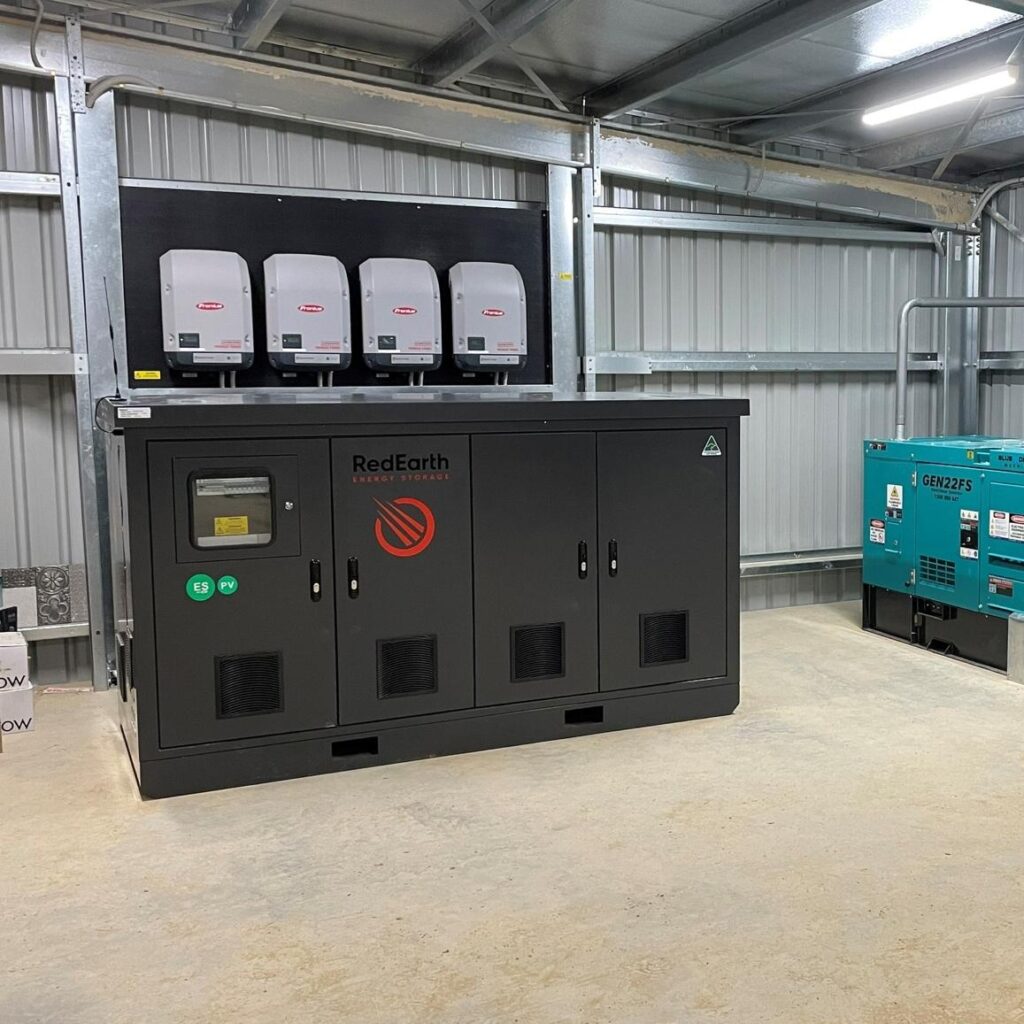
Grid-Connected Solar Power: Balancing Convenience and Sustainability.
Connecting your solar system to the electricity grid offers several advantages that aligns with most of the common households needs.
- Cost-Effectiveness: Grid-connected solar systems tend to have lower upfront costs compared to off-grid setups. This affordability can be particularly appealing for those who are put off the costs but want to look into the possibility of upgrading the existing solar or battery storage in the future.
- Net Metering: When you connect to the grid, you can take advantage of net metering. Excess electricity generated by your solar system can be fed back into the grid, earning you credits or financial incentives. As the grid transitions, this arrangement ensures maximum utilization of your solar power and reduces wastage.
The feed in tariff isn’t dead! As mentioned in a previous article (TOU vs Wholesale market tariffs), a good off-peak rate can be offset with your surplus solar that is fed in to the grid which can knock most of the costs out of your bill. - Backup Power: With a grid-connected system, you have the grid as a backup during times of low solar generation or high energy consumption as opposed to relying an emission producing generator. This added reliability can be enhanced via battery integration that can operate in the event of a blackout where continuous power supply is crucial.
- Maintenance and Dependence: Grid-connected solar systems often come with lower maintenance requirements and can be supported in a much easier manner in the event of a fault.
Remember that if your grid connected system fails, your electricity bills will simply be higher for that period as opposed to the downtime for an off-grid system where repairs are needed urgently.
In the end, the choice between going off-grid or connecting to the grid with solar power depends on your unique circumstances and priorities. Off-grid solar power provides independence, self-sufficiency, and a reduced environmental impact (in the short term), while grid-connected systems offer convenience, cost-effectiveness, and backup power in the form of the electricity grid. Factors like location, demand requirements for the build, budget, and long-term sustainability goals will help your decision making process.
If the grid is available (at reasonable costs) it is almost always going to be more flexible for your needs when designing your new home.
Remember, whether you choose to embrace energy independence or connect to the grid, the adoption of solar power contributes to a cleaner and more sustainable future. By harnessing the sun’s abundant energy, we can collectively make a positive impact on our environment and ensure a brighter tomorrow.
Why? Because Tomorrow Matters.
Related News
17 Apr 24
Does an EV make sense? It certainly does for us!
We bought a Tesla model 3 for our fleet in September 2023. It is the first Electric Vehicle (EV) we have owned and I thought it would be a good chance to look at the savings we have experienced now that it has done a little over 10,000km.
13 Dec 21
KDEC Electrical & Solar’s New Location Featured at Invest Albury Wodonga
We are honoured that KDEC has been selected as the focus of an article published by Invest Albury Wodonga. We are proud to share how our company grew while maintaining our dedication toward providing quality electrical services to our clients and the local community.
15 Mar 22
A Guide To Choosing A Solar Panel For Your Home
Although solar power technology has been around for quite some time now, its widespread use in homes and other residential properties has only started recently. This is most likely due to the growing number of people who are actively choosing to follow a more sustainable type of lifestyle.

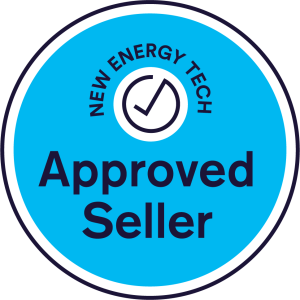




Licence Number: NSW 363462C | Vic 29085
© Copyright 2021 by KDEC Electrical. All rights reserved.
Website by Digital Marketer Bee.



























